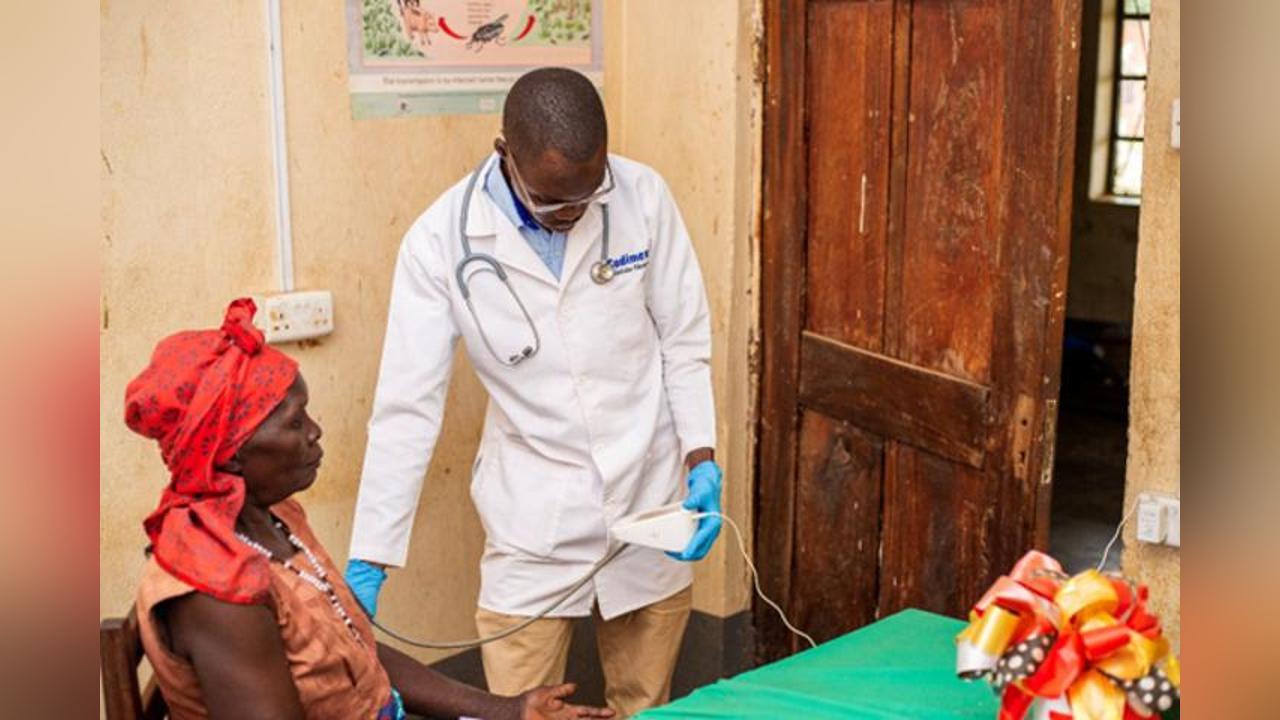Africa-Press – Uganda. Health centres in Uganda’s refugee and host community settlements can now run life-saving medical equipment without interruptions, thanks to an innovative biogas solution developed by Biogas Solutions Uganda Limited (BSUL) in partnership with UK-based Inclusive Energy (IE).
The project, part of the first cohort supported by the Powering Healthcare Innovation Fund, is transforming healthcare delivery through reliable energy access.
Launched in 2024 by Sustainable Energy for All (SEforALL) with UK aid through the Transforming Energy Access initiative, the fund supports novel approaches that advance healthcare electrification.
Following the success of the first round, SEforALL has opened a second funding cycle to scale impact.
Out of 84 applicants in the first round, three grantees were selected, with BSUL and IE receiving a $85,000 grant to implement their biogas-powered solution.
Implementation began in September 2024 and is scheduled to conclude this month.
BSUL is pioneering the installation of biogas generators and piloting bottled biogas as a sustainable energy source for remote and underserved health facilities.
Michel Muvule Pinto, program director at BSUL, said, “We are using purified biogas to power biogas gensets and provide reliable electricity. We train staff to use this affordable source of power to improve service delivery.”
Project Rollout
The biogas systems are installed in three health centres:
Yinga Health Centre III, Imvepi Refugee Settlement, Terego District – serving 26,000 people with outpatient, maternity, inpatient, and laboratory services.
Rhino Camp Health Center IV, Rhino Camp Refugee Settlement, Madi-Okollo District – serving over 18,000 patients.
Odupi Health Center III, Odupi Subcounty, Terego District – serving 20,000 patients from the host community.
These systems provide clean, reliable power for lighting, sterilizing medical equipment, and running refrigeration and laboratory appliances, including blood and vaccine refrigerators and electric autoclaves.
Biogas is generated from abundant local waste streams, creating a scalable waste-to-energy solution.
BSUL and Inclusive Energy have also integrated Smart Biogas Meters for real-time monitoring, helping track usage, detect leaks, and forecast energy demands.
This system lays the foundation for a usage-based billing model for health facilities.
To ensure sustainability, healthcare staff and local technicians are being trained on operations and maintenance through a custom-built online/offline app developed with Dutch tech company SkillEd.
A 10-ton daily-feed bio-digester is under construction at the Living Lab in Imvepi Refugee Settlement.
This facility will serve as a central production and bottling hub, generating green jobs and ensuring a steady biogas supply to participating health centres.
“This initiative represents a leap toward sustainable, resilient healthcare infrastructure, especially in refugee and host communities. It shows the potential of local innovation and global partnerships to address critical energy challenges in the health sector,” said Charlie Knight, senior energy officer at SEforALL.
The second round of the Innovation Fund is open until September 8, 2025, offering grants of up to $80,000 (about Shs285 million) per project.
The fund supports solutions related to sustainability, long-term service delivery, research, capacity building, and technical assistance.
Interested applicants can apply here.
For More News And Analysis About Uganda Follow Africa-Press






